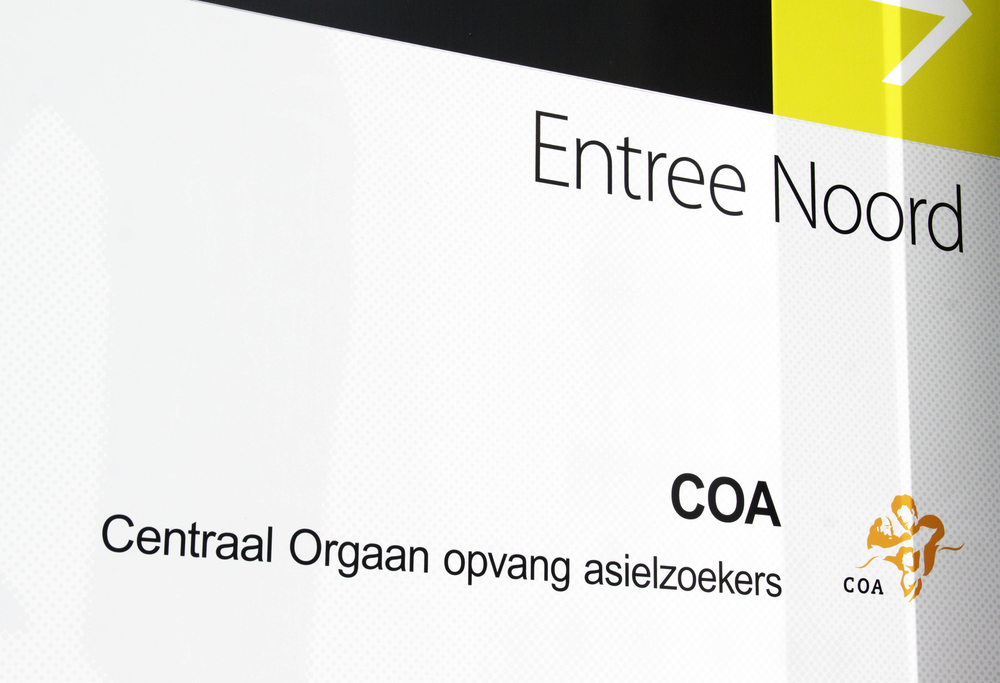More refugee families with children disappear from deportation centres


Last year, 360 asylum seekers disappeared from family refugee accommodation in the Netherlands, of whom 210 were children, the Volkskrant reported on Tuesday.
The total is a 20% rise on 2017, while the number of people living in the family deportation centres fell from 1,770 to 1,300, the paper said.
‘The fear of detention and deportation is so huge that families are opting to disappear into the illegal sector rather than go back to their country of origin where their perspectives are zero,’ Martine Goeman, a lawyer with child rights organisation Defence for Children told the paper.
The ‘sober’ locations for families awaiting deportation were set up in 2011 but some families live in them for years because they are still involved in legal proceedings, Goeman said.
‘Residents regularly see parents and children being taken away in the early hours by 10 men in uniform as if they were criminals,’ she said. ‘Those fears become too much for them. They reach the end of their tether.’
Children who are threatened with deportation after long-term residency in the Netherlands suffer from chronic stress and have a higher risk of showing impulsive behaviour, according to VU University professor Erik Scherder, who has studied the impact.
Amnesty
Last month, broadcaster NOS reported that just 80 of the 1,400 children turned down for a residency permit under the amnesty for well-rooted child refugees can be shown to have left the Netherlands.
Some 740 children are still in the Netherlands without a permit, 400 were able to get one via another route and 180 have disappeared.
All have been in the Netherlands for at least five years and the large majority at least 10 years, NOS said.
Handful
In total, 740 of the 2140 children who have applied for a permit via the amnesty since it was established six years ago have been granted the right to stay. But most of them were given refugee status in 2013 and only a handful have been successful since then.
Children can qualify for the amnesty if they have lived in the Netherlands for more than five years, have been under the supervision of an official organisation and are under the age of 18.
Being in touch with local councils and going to school is not sufficient to qualify for the amnesty because these bodies do not have a role in law in immigration policy and are therefore not ‘official’.
In addition, children are ruled ineligible if their parents have not cooperated with efforts to deport them – which rules out nearly everyone.
Thank you for donating to DutchNews.nl.
We could not provide the Dutch News service, and keep it free of charge, without the generous support of our readers. Your donations allow us to report on issues you tell us matter, and provide you with a summary of the most important Dutch news each day.
Make a donation